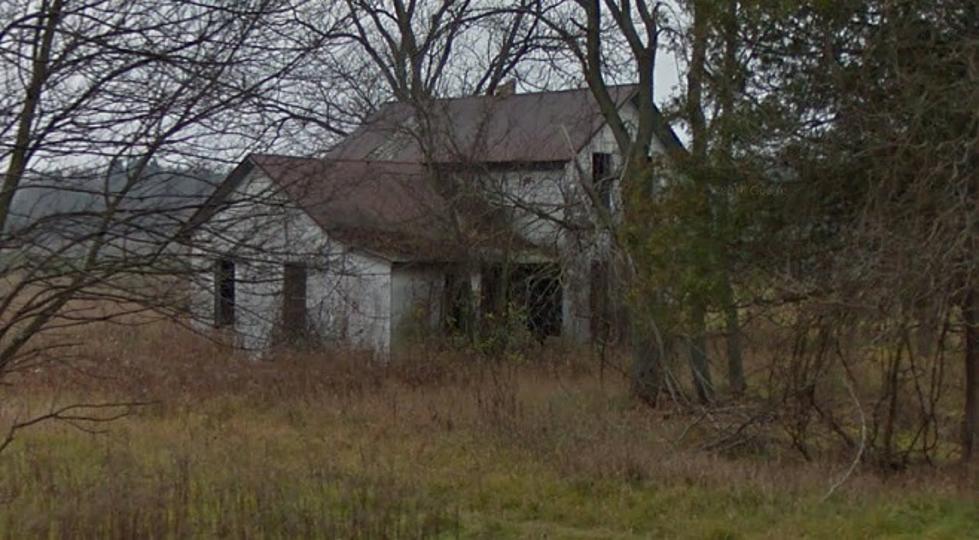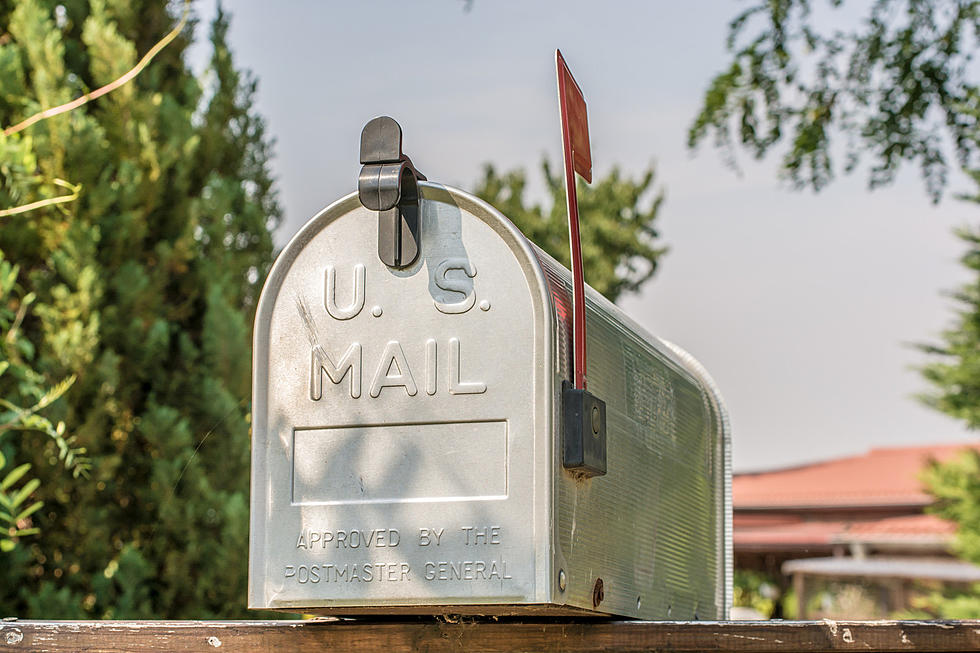
Two Michigan Places Named ‘Pinchtown’ and How They Got That Name
You'd think that one place called 'Pinchtown' would be enough for Michigan, but there were two, and neither one exists anymore...well, kind of - but not really.
Pinchtown #1
The Michigan ghost town of Aetna sits at the lonely intersection of W. 1 Mile Road and N. Luce Avenue on the border between Denver & Lincoln Townships in Newaygo County.
It was settled in 1860 and made official in the 1870s when a post office began operations. Aside from a post office, Aetna once had a blacksmith, creamery, feed mill, the Sours & Simon General Store, grist mill, grocer, liquor store, saw mill, schoolhouse, and shingle mill – all gone and dust in the wind. The post office opened in 1870 and shut down for good in 1904. Nothing sits at that intersection anymore, and there are a couple of houses you can see in the distance and a church if you travel a little ways east.
So why was it called 'Pinchtown'?
According to Michigan Ghost Towns of the Lower Peninsula, Mr. Simon, of the above-mentioned Sours & Simon General Store, was an honest man who did his best not to cheat his customers – or himself, in the process. One day he was weighing a pound of crackers for a customer. In order to get the desired weight, he pinched off a piece of one cracker in order to balance the scales. Evidently, someone who witnessed this thought it was either funny or overly-honest or odd, and the anecdote got around town. Soon, the locals were referring to their town as 'Pinchtown'.
Pinchtown #2
This little place was an area that was squeezed (“pinched”) between Muskegon and the village of Lakeside. It was bordered by a gully, Lakeshore Drive, Laketon Avenue, and Ruddiman's Creek.
This tiny area was platted by William Ruddiman in 1873. A good number of lumber mills were on this site and the little community began to grow. According to the book Pinchtown by Mildred Lois Swanson Johnson, in 1883 a local newspaper reported “What a horrible name!! However the Village of Pinchtown is growing rapidly and has sixty homes. It ought to be annexed to the city".
By 1884, the census claimed Pinchtown had a population of 607.
Finally, in 1887, Pinchtown was annexed to Muskegon, and it got swallowed up and became part of that city. The mills by Ruddiman Creek were either destroyed or accidently burned down, and were replaced by tanks and equipment from the Standard Oil Company until 1991.
Pinchtown has it's own Historical Marker that you'll find at the junction of Lakeshore Drive and Laketon Avenue.
Pinchtown
15 Michigan Abandoned Sites
The Ghost Town of Central Mine
Michigan Ghost Town of Redridge
13 Michigan Ghost Towns You Should Visit This Year
MICHIGAN CRIME SCENE: Look Inside the Abandoned 'Jeepers Creepers' Schoolhouse
More From 1240 WJIM AM









